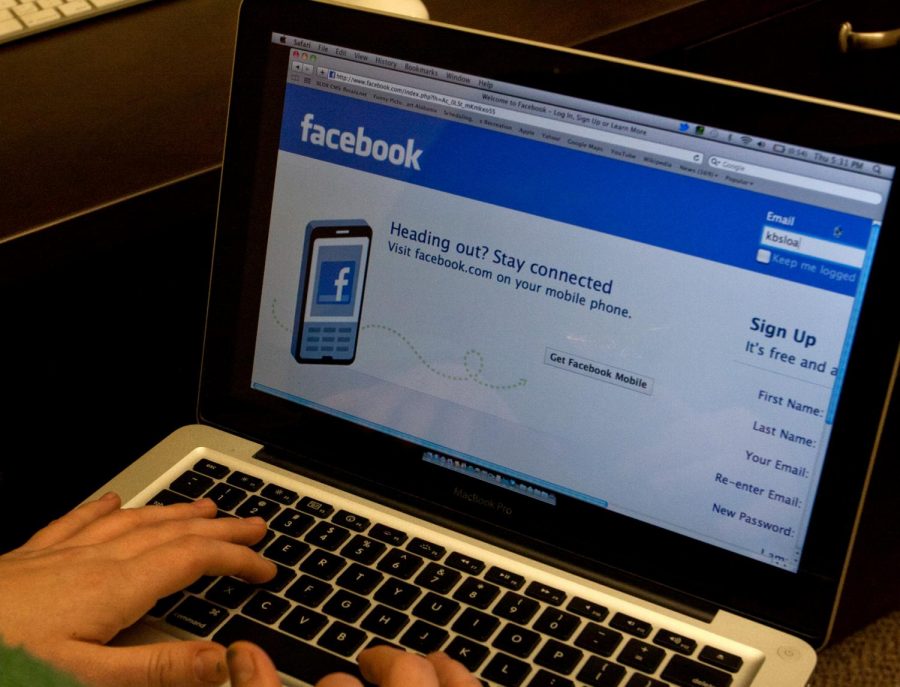Social media can affect future, job search
January 26, 2012
Companies are now taking notice of how easy and convenient it has become to check employees’ online status updates and pictures. More than 79 percent of employees use social media to screen possible employees and check up on current employees, said Jennifer Smith, career development coordinator for UNA Career Planning and Development.
If not careful, what someone posts online could potentially lead to a pink slip, she said.
“Employers don’t like to see profanity, negative comments, talking about employers and underage partying or drinking,” Smith said. “It gives them a negative view of you.”
Smith explained that 69 percent of human resource professionals recently rejected applicants based on what was discovered on their social media sites. Social intelligence employees perform these legal background checks on social media and inform companies of the negative aspects found.
Activating high privacy settings isn’t enough to keep one’s account unsearchable.
“They know ways to get around that sort of thing,” Smith said.
Employers usually perform a simple Google search. If little is found, they then create a “shadow” profile and request to be friends on Facebook or follow people on Twitter.
Employers aren’t the only people using social media to perform screen checks. Professors also use social media to check up on students.
“As competitive as the work world is, why not?” said Dr. Beth Garfrerick, a public relations and journalism professor at UNA. “It’s a part of who you are. One of my previous bosses once said, ‘I can teach you certain skills, but I can’t teach you to be a team player.’ A lot of your personality comes out from your online self.”
Garfrerick said she has been troubled by some of the inappropriate items she has seen students post. Professionals have also been known to cross the line when using social media by posting comments that are “to the point of being creepy,” she said.
One of the controversial issues with social media checks is the unknown factor. Employers are legally able to check social media without informing the employee they are doing so.
“I think it comes with the time,” said Jake Brasfield, a public relations major. “It comes with the new generation of how people determine if a person is good. I think it’s ethical because we have the power to control what people see on our pages.”
People should keep their profiles clean and professional for proactive reasons, said Smith.
“I would say most employers don’t search for the negative,” said Jeremy Britten, web communications manager for UNA. “They just want a feel of the person’s personality.”
Some people have grown up with social media and may have less than mature content floating around the web. Not all hope is lost, because there are ways to clean up social media to help find and keep employment.
Smith suggests students start posting positive comments and eliminate posting profane language. Reputation.com can also be used to control what other people comment on one’s page.
Combine all that with setting Google Dashboard to control the order of what comes up during a search, and people’s social media should check out fine.












